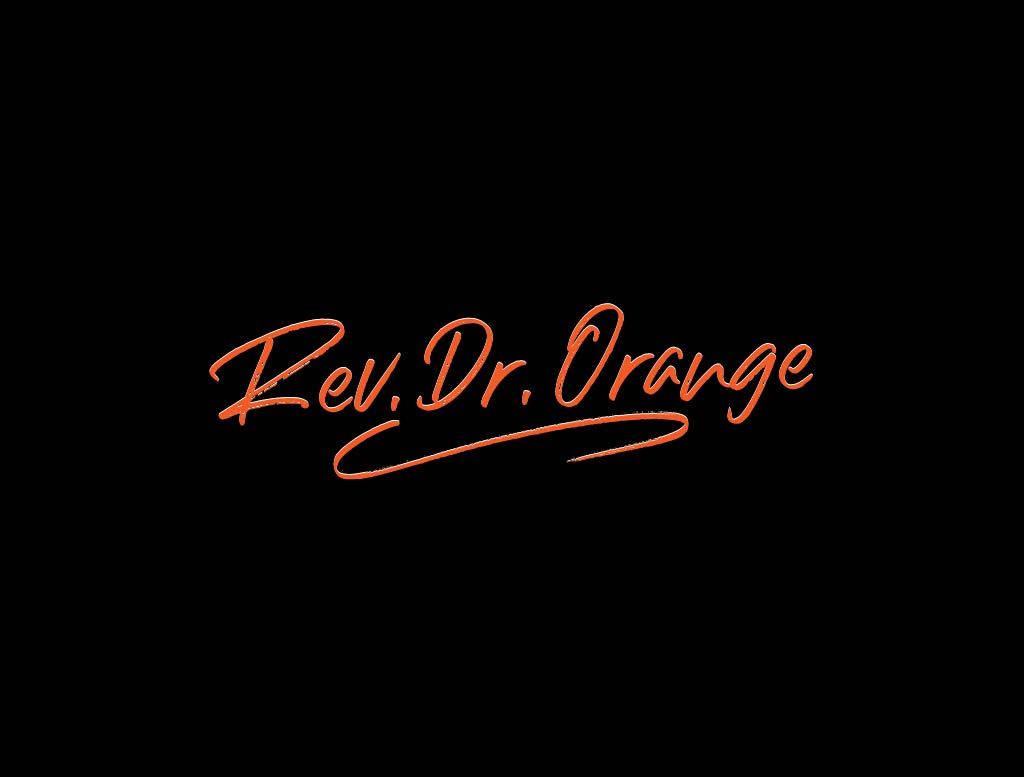As I have been thinking and reflecting, particularly during long walks listening to podcasts, music as well as embracing silence, I thought it might be valuable to share some of my reflections on five particular feelings: pain, suffering, lament, fear and grief. For each I want to share a working, but perhaps limited definition. I also want to share some additional thoughts along with the opposite of each feeling and the antidote or vaccine if you will for each. These are working thoughts that I suspect will continue to be shaped and grow; they are in no way a complete academic work.
Pain
Pain is the sign that something is wrong. Lewis called it a megaphone. Pain is a feeling of discomfort or hurt. Pain is a reality of life, and some pain never seems to fully go away. The opposite is consolation, which doesn’t necessarily indicate healing or the absence of pain. The antidote or vaccine to pain is care. This care can come medically, from God, from self, from others or a variety of other means including time. Pain cannot be resolved without some sort of care.
Suffering
Suffering happens when we resist pain or when the pain is so deep that we do not know what to do with it. It can also come from a denial of pain or choosing to live in the pain instead of trying to resolve it. Suffering is not always a choice, but can be a choice even if the cause was not. The opposite of suffering is peace, it is the peace that doesn’t make sense, isn’t logical or as the scripture says, the peace that passes all understanding. The antidote or vaccine for suffering is contentment. Contentment takes strength but is always a choice.
Lament
Lament, as NT Wright notes, is asking the question ‘why’ as it relates to suffering. It is a normal, natural and healthy thing to do. The challenge with lament comes when we stay in or live in lament after expressing it. The opposite of lament is joy. Joy is a gift and a choice. It is not controlled by circumstances like happiness. Joy is much deeper than happiness. The antidote or vaccine for lament is grace. This often means dispensing grace to yourself. The less personal we take things, the more personal grace can become for us. This is extremely difficult for many.
Fear
Fear is the emotion that arises when we are uncertain or feel a lack of control; it is a sign of danger or insecurity. It is normal, natural and healthy as long as it does not become a posture of a lifestyle. The lifestyle of fear is know as a lifestyle of scarcity rather than a lifestyle of generosity. Trust is the opposite of fear. The very definition of faith is trust. The antidote/vaccine for fear is hope.
Grief
Grief is the expression of loss. It does not have to be a person; it can be a habit, routine or any kind of change. It is not change that we resist; it is the loss associated with the change. We can grieve most anything, and many times the feelings that we feel are grief and we do not realize it. Grief is a unique, non-linear process that looks different for everyone. Grief is the heart’s way of healing, much like the body has ways to heal when it is hurt or injured. The opposite of grief is healing. Healing is a process. Sometimes the grief never goes away, and the healing continues. The antidote or vaccine for grief is meaning. There is always meaning to be found in any grief. We have to look for and embrace the meaning but not assume a cause and effect mentality. We also cannot rush or force meaning in the midst of grief. We have to allow it to happen to us, which is counter intuitive and feels very unnatural.
Here is a simplified chart:
| Feeling | Opposite | Antidote/Vaccine |
| Pain | Consolation | Care |
| Suffering | Peace | Contentment |
| Lament | Joy | Grace |
| Fear | Trust | Hope |
| Grief | Healing | Meaning |
Not one of these feelings can be forced out or rushed, which can be incredibly frustrating, but the process is a gift for us where we can learn, grow and care for others.
I hope my reflection is a gift to you as we wrestle with many feelings in this season of transition and uncertainty.
